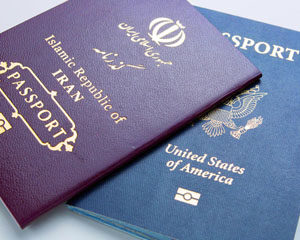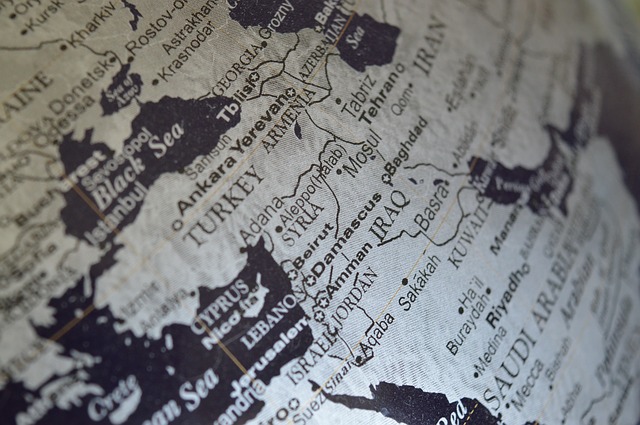
On Friday, January 27, President Trump enacted a sweeping travel ban against citizens of seven Middle Eastern and African nations. Under the travel ban, citizens of Iran, Iraq, Libya, Somalia, Sudan, Syria, and Yemen are blocked from entering the United States for the next 90 days. US Embassies around the world are forbidden to issue any type of visa to citizens of these nations, and even travelers who have valid US visas are being prevented from entering. The ban also extends to travelers with dual citizenship. For example, a traveler who has dual citizenship in Germany and Iran could normally come to the US without a visa using his German passport. Now, that traveler can’t come to the US at all!
Will the travel ban have an effect on US travelers? Read on as we consider the possibilities.
US Citizens Traveling to Banned Nations
“I’m a US citizen, born and bred,” you might be thinking, “this travel ban doesn’t have anything to do with me.” Perhaps it won’t personally impact you, but the travel ban has already had an effect on the travel plans for some US citizens.
The travel ban is expected to make it difficult, if not impossible, for US citizens to get visas to visit the seven nations on the list. At the time of this writing, only Iran has made statements about how they will respond. Iran’s Foreign Minister, Javad Zarif, responded to the ban on Saturday to indicate that Iran’s government will reciprocate by not issuing visas to US citizens. This was anticipated by our contacts in the visa expediting industry. “Visa policies are almost always reciprocal,” says one source. “What we do to citizens of a nation, that nation is likely to do to citizens of the United States. So with the US refusing to issue visas to citizens of these seven countries, those countries will probably refuse to issue visas to US citizens until the ban is lifted.”
The US travel ban goes beyond simply not issuing visas, however. Under the executive order, even travelers who already have valid visas or residence permits may be denied entry to the US. Because of that, it’s unclear whether any of the nations on the list will also refuse entry to US citizens who hold valid visas. Iran’s Minister Zarif noted on Twitter on Saturday that “all with valid Iranian visa[s] will be gladly welcomed.”
In recent years, Iran has become an increasingly popular destination for tourists, and spring is the most popular time for tours to visit Iran. With the travel ban extending until the end of April, many US-based tour operators have already had to cancel their spring departures to Iran.

Non-US Citizens Living in the United States
The travel ban is also likely to impact the travel plans of legal US residents who hold citizenship in other nations.
Citizens of Travel Ban Nations
Citizens of the seven banned nations who legally live in the United States were the first ones to feel the brunt of the travel ban. At airports across the United States, citizens of Iran, Iraq, Libya, Somalia, Sudan, Syria, and Yemen who hold valid US visas have been detained and deported, while others have been denied boarding of their flights to the US. The ban has been applied not just to travelers with visitor visas to the US, but also to those with valid residence visas like work visas or student visas.
Even “green card” holders from the seven nations, who have lawful permanent residency in the US, are being detained and subjected to additional scrutiny before they are allowed back in to the United States.
In addition to the travelers who have been shut out from returning to their homes in the US, the travel ban will force many others to cancel travel plans. Citizens of the travel ban nations who live in the US will now need to forgo any international travel until the ban is revoked, for fear of being denied entry back to their home in the US.
Citizens of Other Nations
Beyond the citizens of the seven banned nations, other non-US citizens who live in the US are caught up in uncertainty in the wake of the ban. Will the Washington embassies of Iran, Iraq, and the other nations still issue visas to non-US citizens? We don’t yet know. Will US residents be allowed to return to the US after visiting a banned nation? That, too, is unclear.
We will be paying close attention to events as they unfold.

No comments:
Post a Comment